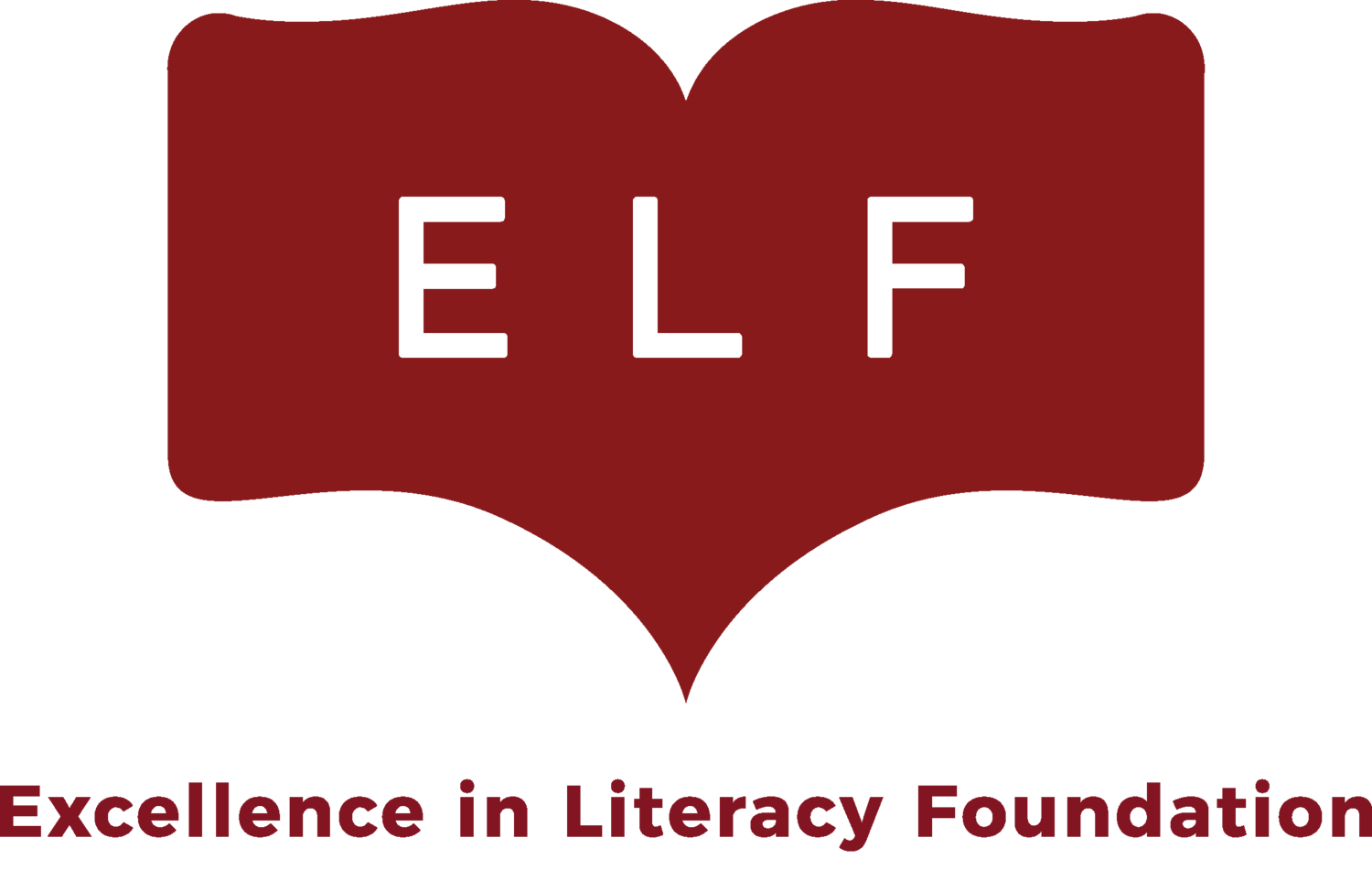
Challenges
We think of Canada as a well-educated country, but statistics tell a different story.[1]
When some of us have low literacy, all of us are impacted.
Literacy is a way out of poverty.
Literacy affects our wellbeing.
Researchers explored the result illiteracy on elderly people’s state of mental health. They found that individuals were 1.59 times more likely of being depressed if they were identified as only partially literate. Additionally, they found that seniors were 2.41 times more likely of being depressed if they were identified as totally illiterate.[7] Increased literacy is closely tied to increased mental health.
Furthermore, readers are happier with their lives:
· Those who read for just 30 minutes a week are 20% more likely to report greater life satisfaction.
· Two thirds of readers report strong empathy, while less than half of non-readers do. · People who read for just 30 minutes a week are 23% more likely to understand other people’s feelings.[8]
If individuals don’t have advanced literacy skills, they will struggle in an automation and artificial intelligence-dominant workforce.
CBC Radio tells us that, “As many as one in five jobs in Canada are at risk of being automated, according to the Conference Board of Canada… some Canadians filling those “high-risk, low-mobility” jobs most susceptible to automation would have difficulty shifting to work that requires literacy.”[9]

Solutions
The ELF’s parent charity, Sage Youth-Jeunesse Sage, provided direct literacy program delivery to children facing barriers, in Ottawa, from 1992 to 2015. These programs (now a part of the ELF) form the foundation and model for the ELF’s literacy and life-skills workbooks and training systems. The following impacts reflect achievements in these programs and were collected as part of a survey of former program attendees. These results are made possible because of the dedication of hundreds of volunteer tutors.
Long Term Impacts [10]
We are proud of the extraordinary statistic that 100% of past program participants, in our high school and former after-school program, were still in school or had completed high school.
• 90% of program participants who finished high school had gone on to post-secondary studies.
• 85% of program participants who finished high school were employed at the time of the interview.
• 75% of program participants who finished high school were employed AND in post-secondary.
• 100% of program participants who finished high school were either employed or in post-secondary education .
The ELF has developed and applies a standardized literacy evaluation checklist. A 2018 review of a random sampling of participants in our programs showed that newcomer, homeless refugee participants improve their literacy skills by an average of 120% in as little as 0.6 months in program. This increases to 239% in 1.6 months. Youth with exceptionalities improve their literacy skills by 199% in a total of 13.6 months of program participation. Children and youth from low-income communities improve their literacy skills by 226% in a total of 15.25 months of program participation.
Resources
[1] The ELF would like to thank Juniper Glass at www.lumiereconsulting.ca) for her support with research.[2] OECD and Statistics Canada. 2005. Learning a living: First results of the International Adult Literacy and Life Skills Survey.
[3] Statistics Canada. 2013. Skills in Canada - First Results from the Programme for the International Assessment of Adult Competencies http://www.statcan.gc.ca/pub/89-555-x/89-555-x2013001-eng.pdf
[4] Statistics Canada. 2013. Skills in Canada - First Results from the Programme for the International Assessment of Adult Competencies http://www.statcan.gc.ca/pub/89-555-x/89-555-x2013001-eng.pdf
[5] Coulombe, Serge, Jean-François Tremblay and Sylvie Marchand. 2004. Literacy scores, human capital and growth across 14 OECD countries. Ottawa: Statistics Canada. http://publications.gc.ca/collections/Collection/CS89-552-11E.pdf
[6] Shomos, A. 2010. Links Between Literacy and Numeracy Skills and Labour Market Outcomes. Productivity Commission Staff Working Paper. Melbourne: Productivity Commission. http://www.pc.gov.au/research/supporting/literacy-numeracy-labour-outcomes
[7] Kim, B., Lee, D., Bae, J., Chang, S., Kim, S., Kim, K., . . . Cho, M. (2014). Impact of illiteracy on depression symptomatology in community-dwelling older adults. International Psychogeriatrics, 26(10), 1669-1678
[8] Reading Between the Lines: The Benefits of Reading for Pleasure - A Study of the Benefits to Adults of Regular Reading for Pleasure A report from Quick Reads, in partnership with Dr Josie Billington, Centre for Research into Reading, Literature and Society at the University of Liverpool, commissioned by Galaxy
[9] Chin, Falice. “Nearly Half of Adult Canadians Struggle with Literacy - and That's Bad for the Economy | CBC Radio,” January 17, 2021. https://www.cbc.ca/radio/costofliving/let-s-get-digital-from-bitcoin-to-stocktok-plus-what-low-literacy-means-for-canada-s-economy-1.5873703/nearly-half-of-canadians-miss-high-school-literacy-grade-and-that-s-bad-for-economy-1.5873757
[10] Results based on a longitudinal survey conducted in January 2017 (in collaboration with suemerrill.ca) with 54 past and present ELF participants aged 15-24 from two ELF program sites: one, a former after-school program, serving low-income, high-risk, racialized communities; the second situated in a high school for students with learning exceptionalities.
****Kids photo created by pch.vector - www.freepik.com****, ****School photo created by standret - www.freepik.com****
As a policy, the ELF will not publish identifying photographs of our vulnerable program participants. We are grateful that the children of our founders agreed to be photographed for our website, social media pages, and ads. They’re also wonderful office volunteers who love to help us organize workbooks and program supplies!
